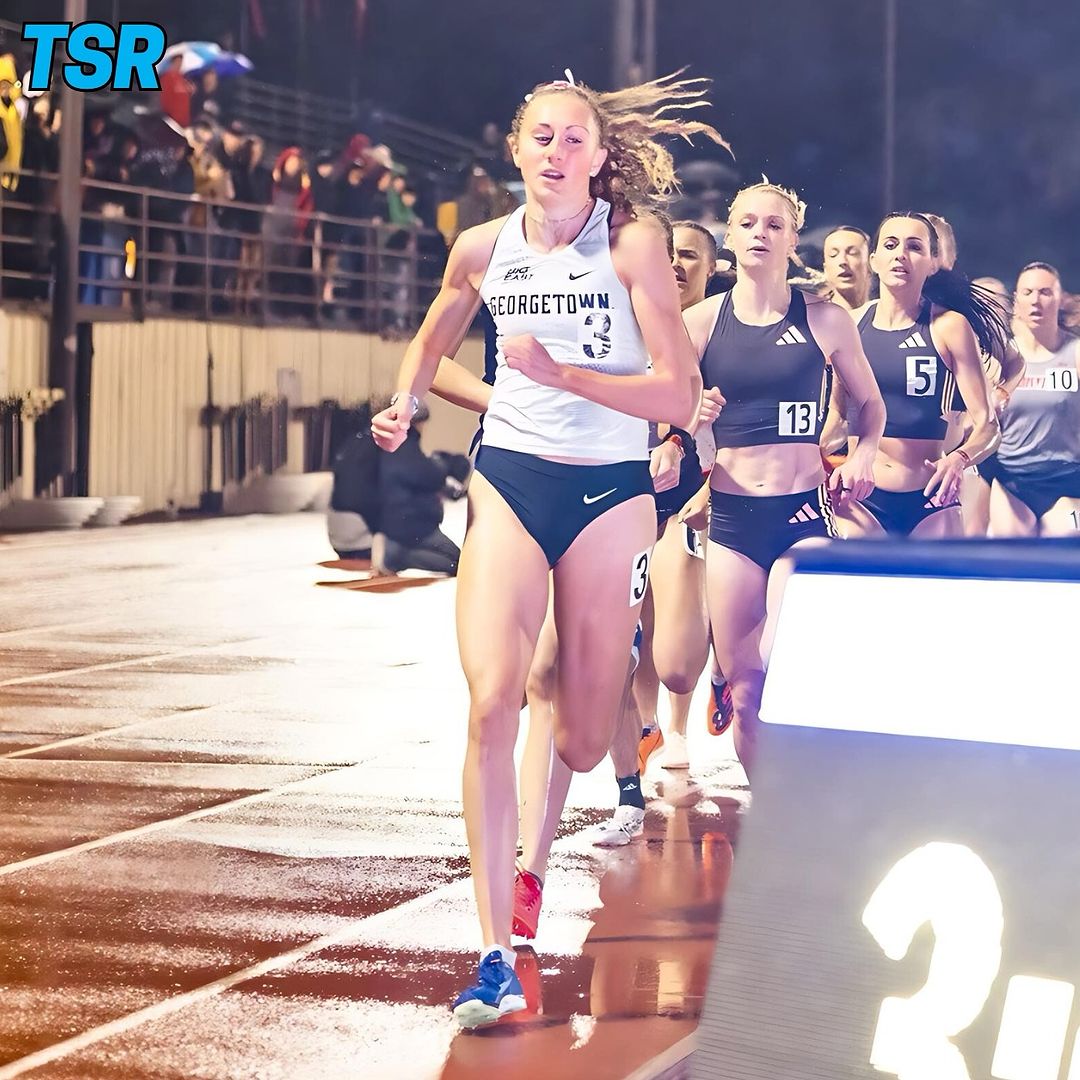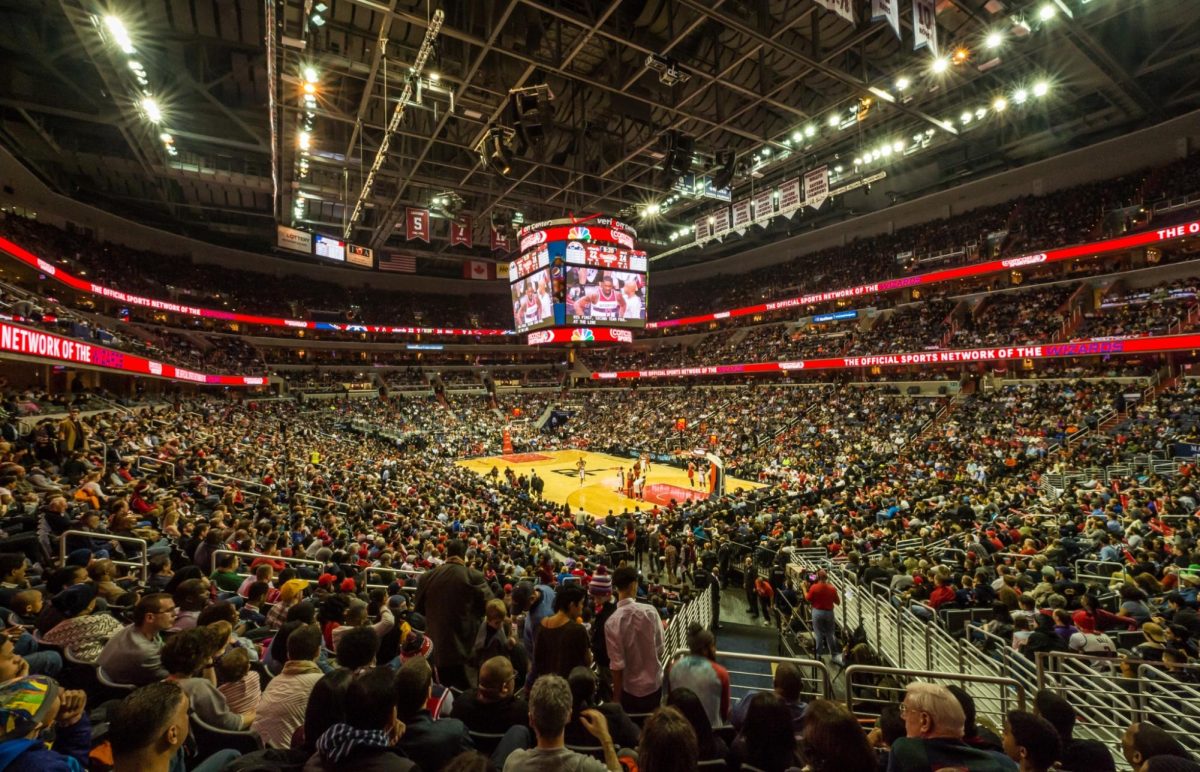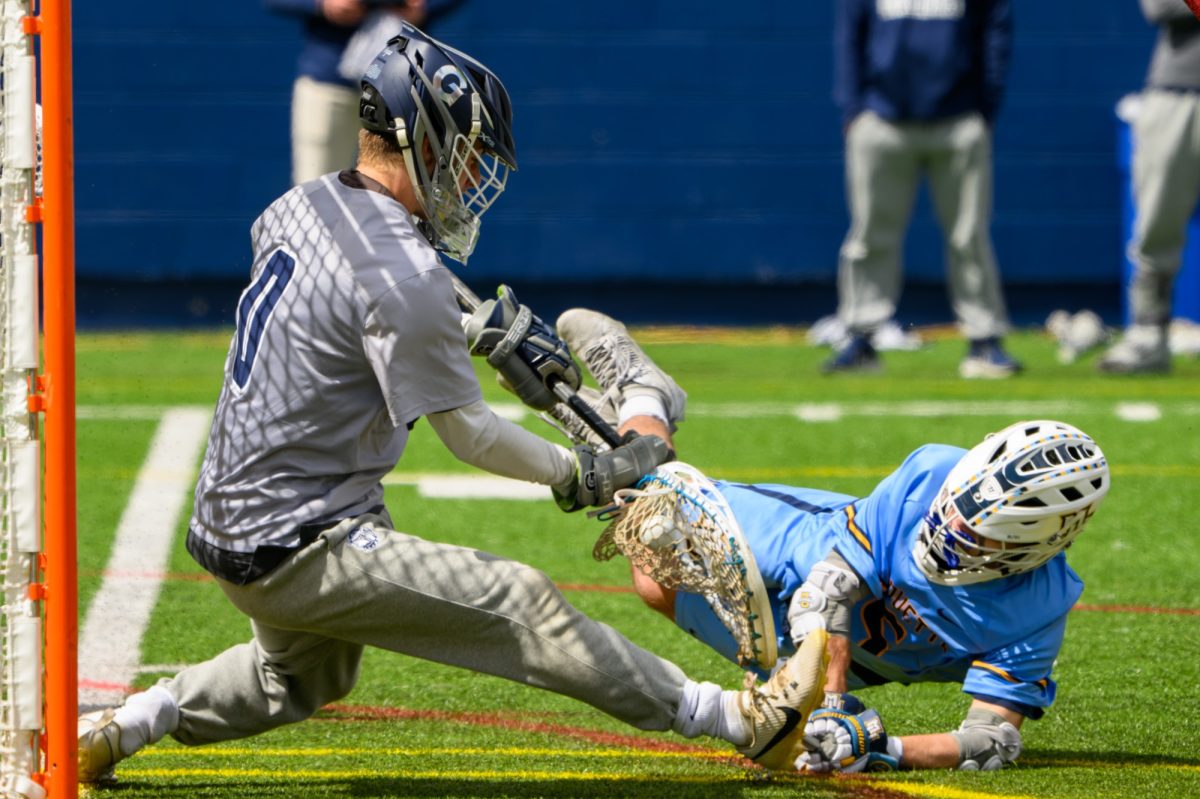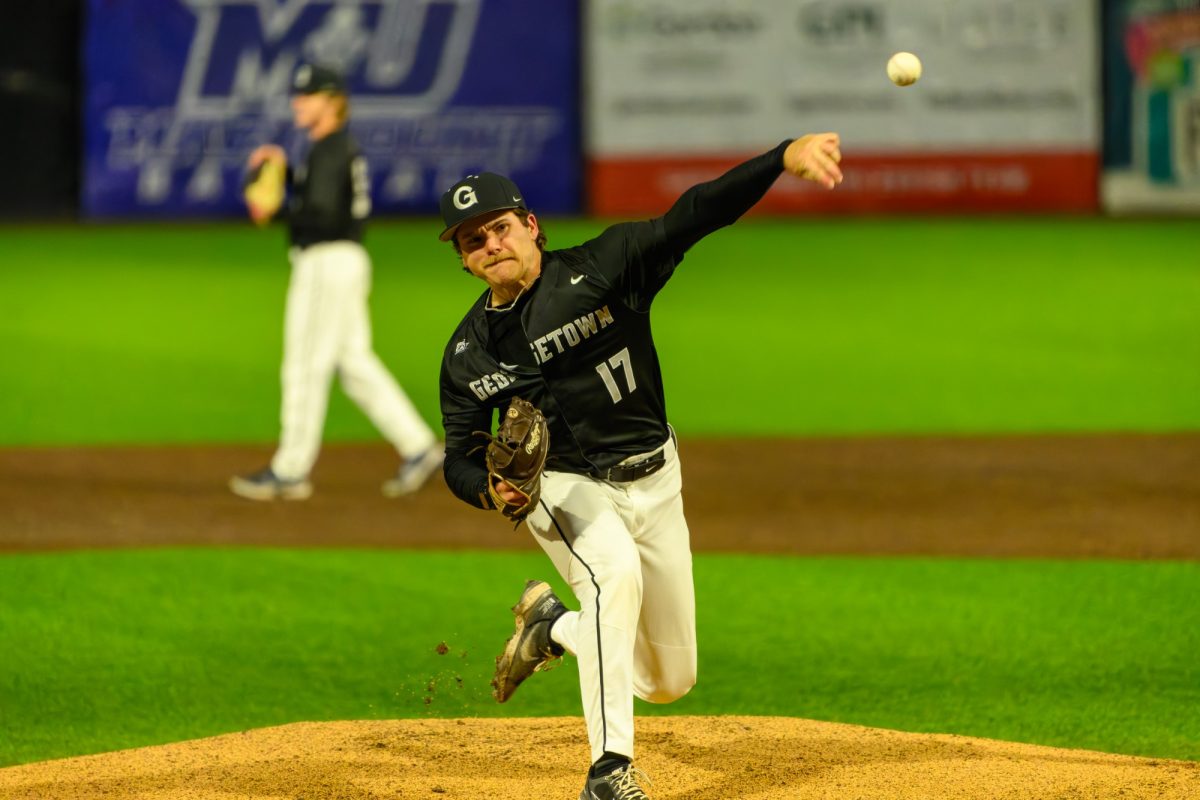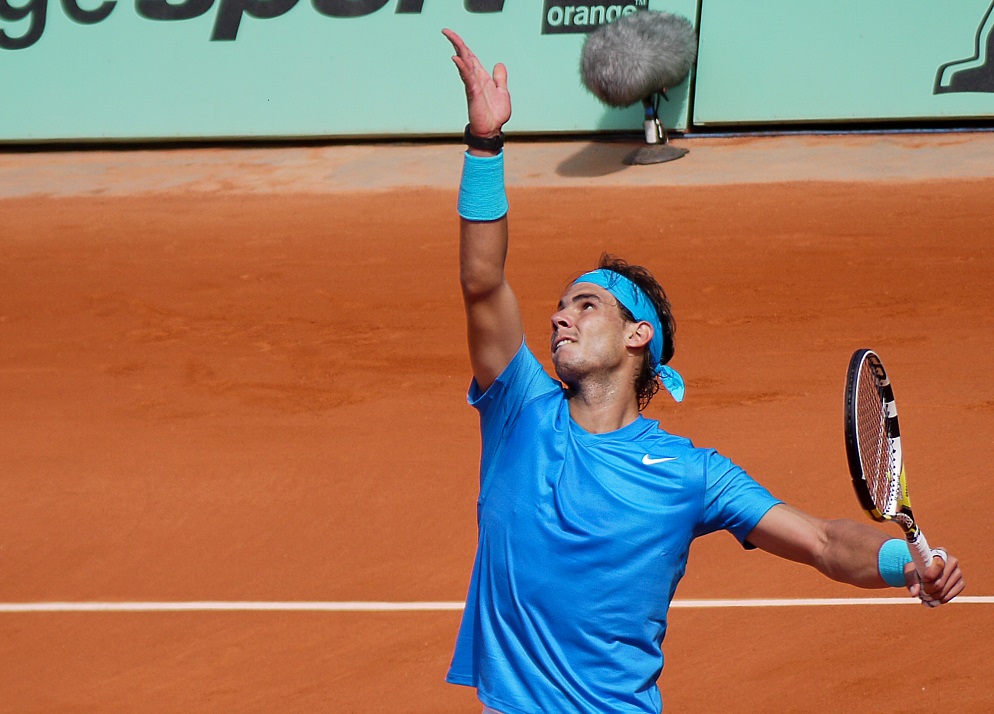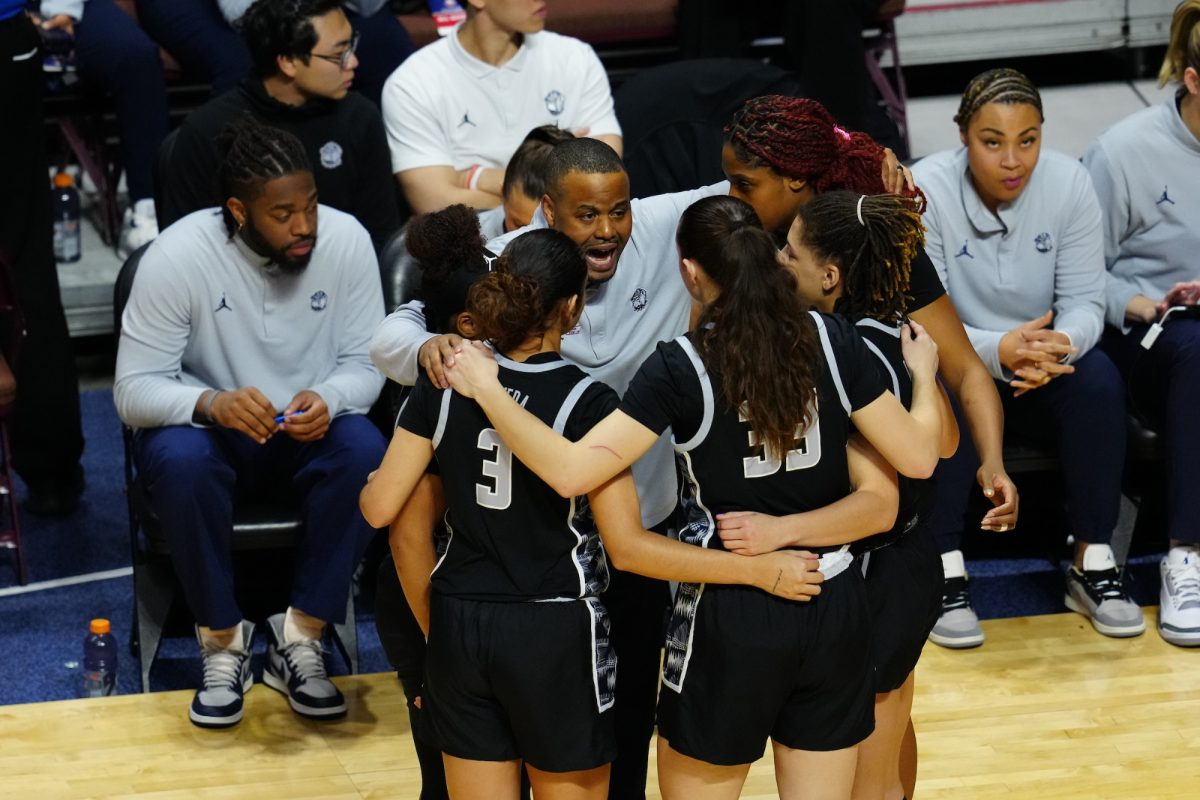Baseball follows the ancient Code of Hammurabi.
Hammurabi’s Code, discovered in 1901 by archeologists, is one of the oldest known law codes and was written to govern ancient Babylon. The term “an eye for an eye” comes from this Code — in ancient Babylon, justice was retaliation rather than prison.
In baseball, much like ancient Babylonian times, transgressions are rectified by systematic revenge.
Dodger Stadium lit up on Monday evening after a tiff between Giants’ pitcher Madison Bumgarner and Dodgers’ right fielder Yasiel Puig resulted in a shoving match that cleared both benches within seconds. The altercation began as Puig allegedly stared Bumgarner down after Bumgarner threw Puig out at first base. When Bumgarner yelled “Don’t look at me,” Puig and Bumgarner charged at each other and both benches hustled onto the field to support their respective players.
Mac Williamson pinch-hit for Bumgarner in the following inning, effectively benching the ace despite Bumgarner giving up only one hit the entire game – to Puig, of course. Though the timing of Bumgarner’s exit was described as unrelated to the feud, it was likely because manager Bruce Bochy was afraid the Dodgers would throw at, and possibly injure, Bumgarner himself.
The event was a culmination of two years of tension between the two players. In May of 2014, Puig stared Bumgarner down as he rounded 3rd base after hitting a homerun. Bumgarner retaliated by drilling Puig with a pitch in September of the same year.
Situations like this happen in baseball every year, despite the rule barring pitchers from intentionally targeting a batter. The rule is not only difficult to enforce – as its basis is intention rather than action – but also is often ignored by umpires.
No other sport has an unwritten code this specific for retaliation. When two players get into a fight, it is expected that every member of both teams leave their respective bench. When a batter gets hit, especially if he is a prominent player, any member of the opposing team is fair game for getting nailed—if not in the same game, then in the following day of the series.
And if the teams do not face each other again in the season, pitchers will wait, sometimes multiple seasons, until the opportunity arises again to retaliate.
Many sports writers say that they do not condone retaliation as it is a bad influence for kids watching the game. They argue that it perpetuates a culture of violence and that it is an uncivilized rule in the oh-so-civilized, timeless game of baseball.
However, the prevalence and intensity with which the code is followed, and the criticism that is met by players who do not retaliate, disputes the very notion that baseball is a clean game.
Baseball is not the innocent sport people have made it out to be.
If you spike our guy, then we throw at your guy to get even. If you throw at our guy to retaliate in response to our own retaliation, the cycle begins again, and sometimes continues until someone gets either suspended, seriously injured, or both.
And the eye-for-an-eye rule does result in real injury — just ask Zack Greinke. But retaliation is so deeply ingrained in baseball’s culture of respect that it would be almost impossible to end this practice, especially since not even existing rules can stop it. In addition, keeping track of personal disputes, that sometimes go entire seasons without surfacing, would be impossible for umpires.
Baseball, like many sports, creates a brotherhood. And when someone targets your brother, it is human nature to seek revenge. Those criticizing this system forget that baseball is neither a society nor a country. Societal rules sometimes don’t apply in games – the laws of human nature govern baseball, and human nature is a well-understood cycle of retaliation for wrongdoing.
In an effort to make light of the situation, Puig signed and sent Bumgarner a t-shirt with the words “#DontLookAtMe” printed on its front. Many interpreted the event as Puig trying to embarrass Bumgarner or to anger him further.
The reality is that Puig was extending an olive branch. In attempting to make a joke of the feud, Puig is doing his part to cut the tension that no doubt will continue for the rest of the season and most likely the next season as well. Puig, as a ballplayer, understands how serious the laws of retaliation are. He understands that baseball players have very long memories.
And he understands that the rules governing revenge in baseball are not going anywhere anytime soon.
 Amanda Christovich is a sophomore in the College. The Analyst appears every Friday.
Amanda Christovich is a sophomore in the College. The Analyst appears every Friday.






